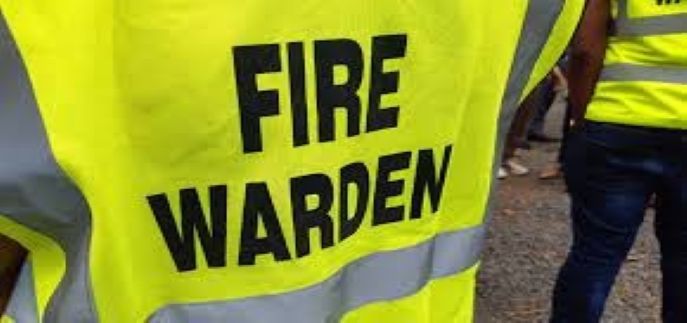Do We Really Need a Fire Warden?
Do We Really Need a Fire Warden?

During emergencies, Fire Wardens (or simply Wardens during a non-fire emergency) play an important role in ensuring your business is prepared for an emergency should not be underestimated.
Along with your emergency plan, Wardens are an important risk control measure to ensure that your workplace is prepared should an emergency situation occur. Hence, businesses are advised to choose their Wardens carefully.
All employers are legally required to have a plan in place to respond appropriately in the event emergencies.
There isn’t actually a rule in the legislation that stipulates that you must appoint a Warden. So, does this mean your business doesn’t need one? Think of it this way: No emergency plan worthy of the name can work without giving specific roles and responsibilities to designated people. This is especially true when it comes to evacuating your staff and making sure everyone is safely accounted for.
Best practice, along with basic common sense, mean that virtually all Australian workplaces should have at least one Warden in place. As well as needlessly putting your employees at risk, failure to appoint a Warden makes it highly likely that your emergency plan would be deemed inadequate if put to the test.
What Is a Warden – And What Do They Do?
Wardens are the staff members within a workplace who have been given certain responsibilities relating to the emergency procedures and wider emergency prevention plan. Their role is both proactive, that is to help reduce the risk of fires and emergencies occurring in the first place, and reactive in responding to emergency situations.
In the event of a fire or an emergency, some people may freeze, unsure of what to do, while others may go into shock or become hysterical. This is where a Warden becomes one of the most important people in the building.
In short, a warden is trained to be calm during the chaos – they should be cool, calm and collected. Even more than that, an effective Warden can be responsible for preventing an emergency in the first place by promoting safety, running emergency drills and undertaking other preventative actions.
Human Behaviour During Emergencies
Emergencies occur without prior knowledge. Thus, if an emergency occurs where employees are not well trained, they may go into a state of panic or complacency (it is just another false alarm).
There is no telling how a person will react when an emergency situation arises. At best, the individual will be able to keep calm and focus on carrying out the emergency procedures learned from their training. At worst, though, the individual may panic, going against everything that was taught for emergency procedures. They may even refuse to follow directions for evacuation out of sheer fear.
Understanding human behaviours during emergencies is just as essential as any other kind of preparation, especially for Wardens to be aware of these most common human behaviours during stressful situations so that they may, in turn, know how to address or react properly to the individual specifically.
Zenergy eLearning - Warden Training
This online course introduces you to requirements and obligations to effectively perform the role and responsibilities of workplace Warden who have been given certain responsibilities relating to your emergency procedures and the wider emergency prevention plan.
Click on the following link to review further course details: Warden Training
Contact Us
Zenergy News






